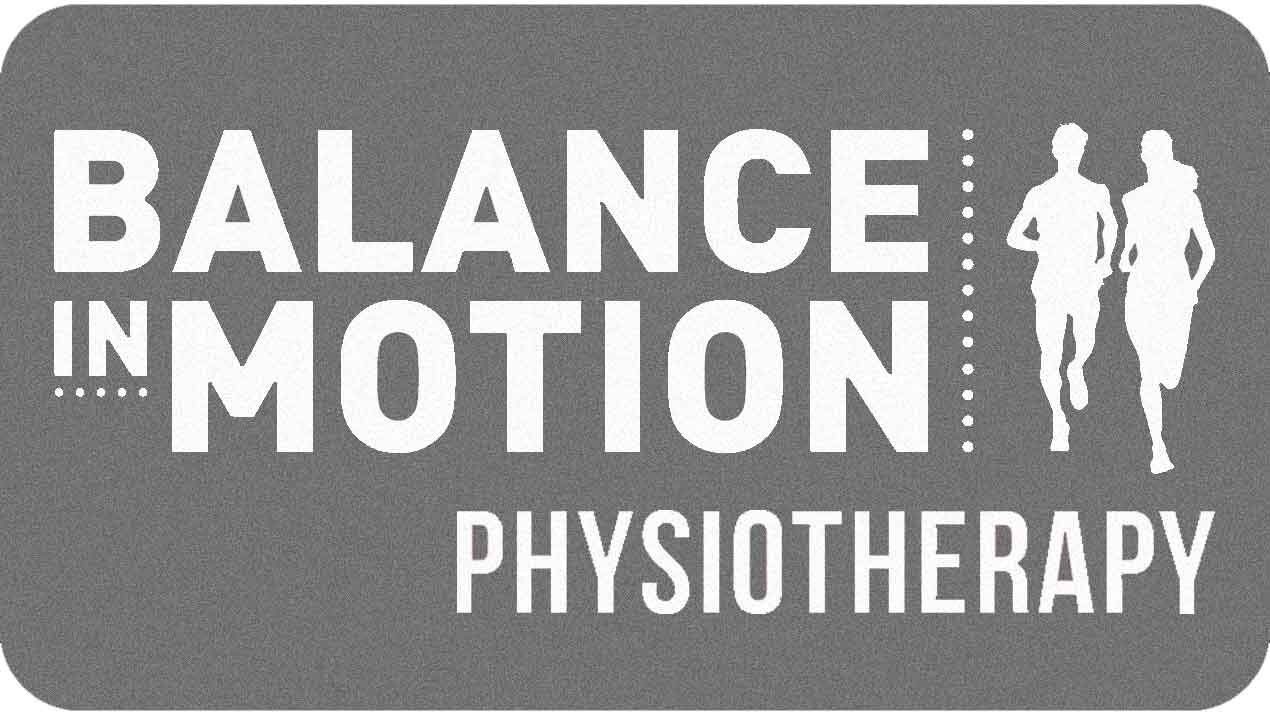3 MONTHS TO BETTER KNEES
/3 MONTHS TO BETTER KNEES
Why do my joints ache more in winter?
It is one of the most common questions I get in people over the age of 35 in our Sydney City Physio and Bondi Physio clinics. Some people even say “I know when it is about to rain because my knees start hurting”.
It is an interesting question and a nice little segway into Osteoarthritis.
There was a really cool study recently published in Denmark which showed an education and Physio program showing symptom progression reduction of 32%, less joint pain and less painkillers.
When I had my serious shoulder injury last year I needed scans. As we went through the report together the Radiologist said: “well you have some arthritis in this joint and that joint but given your age that is to be expected”. WTF? My age? I had never experienced pain here and it was never on the radar of issues I might experience. What do you mean my age? In my mind I was still 22 years old. My wife would probably agree with this statement sometimes, in a maturity sense. But……believe it or not, Osteoarthritis is a natural part of getting old. It is, in fact, the biggest risk factor for OA.
When you are in your teens and 20’s your joint cushions or cartilage are super smooth and well lubricated with synovial fluid that allows the two joint surfaces to glide over the top of each other without friction.
As we get older these cushions start to wear out slowly over time and this increases friction which causes inflammatory processes that develop with the joint surfaces changing and wearing out over time. In winter the change in barometric pressure actually increases this inflammatory process strangely (another reason I’m moving to a warmer climate as I get older). You may not have pain or even know it is going on. It happens slowly over time and most of the time there is no one specific event that caused it.
OA is classified as mild, moderate or severe. As Physio’s, we can have a huge impact on pain and mobility when it is in the mild and moderate stages.
It is considered a chronic disease and an under-appreciated cause of it is physical inactivity [4]. As such, Exercise represents an important component of primary prevention and reduction of OA. Furthermore, substantial evidence supports exercise as first-line treatment for OA. However, despite the evidence, physical activity and exercise are under-prescribed in the treatment of chronic diseases, resulting in suboptimal care.
A very very cool study came out last year from Denmark in reducing Osteoarthritis with a physiotherapy based program. Click HERE to check it out.
Essentially Patients underwent education and supervised exercise delivered by trained Physiotherapists over a 3 month period. They were assessed at 3 months on pain intensity, objective physical function physical activity quality of life number of patients on painkillers.
It was a huge study with almost 10,000 participants who showed improved pain intensity and quality of life by 3 months. Furthermore, physical function and physical activity improved, fewer patients took painkillers following the treatment, and fewer patients were on sick leave at 12 months following GLA:D Program compared with the year prior to the GLA:D program.
This is pretty damn impressive. 10000 people is a big study. Here at BIM we have taken the key components of the program to create the 3 month “better knee challenge”. We assess using the same outcome measures used in the study and the same Physio techniques as well as exercises are used. You are assessed at initial assessment, 6 weeks and 3 months. You can use your health fund card and you don’t need to come in every week to complete the program.
Why 3 months?
The evidence suggests it takes a minimum of 8 weeks to grow muscle bulk, flexibility and strength so this means people get the biggest gains during this time. We find people start to get pain relief within 4 weeks and are therefore less compliant in the second half hence the 12-week program.
The average improvement of symptoms ranges from 30% to 70% over the 12 weeks.
Email San at san@balanceinmotion.com.au or call (02) 9158 0330 to enter the 3 month “better knee challenge”.


